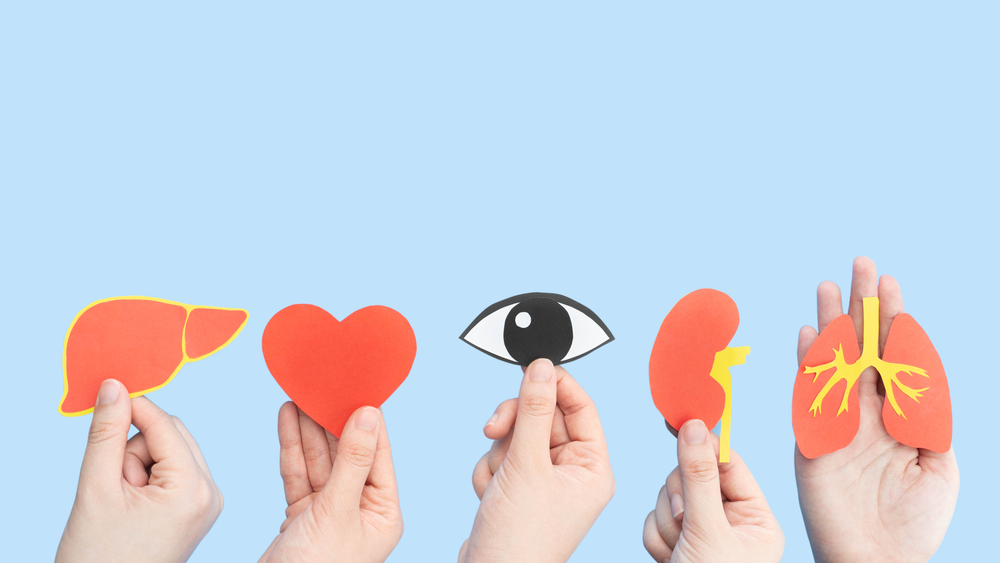Organ donation and transplantation is one of the most significant modern medical advances, saving thousands of lives annually in this country.
Donors and their families secure lasting legacies by giving new life to those in desperate need.
But there aren’t enough donors and organs to meet the need: More than 100,000 patients are waiting in the U.S. for a transplant. Seventeen people die each day waiting. If you are considering donating your organs, contact Gift of Life Michigan with questions and help joining the Michigan Organ Donor Registry.
Gift of Life is a non-profit organization that works all over the state to help fulfill the decisions of generous donors and their families. We are compassionate, professional, and determined to save and transform as many lives as possible through organ and tissue donation. Keep reading to understand more about organ donation in Michigan, who can donate, which organs can be donated, and how to become an organ donor.
Understanding Organ Donation in Michigan
Organ donation entails transferring an organ from a donor to someone whose organs have failed. Organ donation is essential as it helps transform people’s lives through transplantation, research, therapy, and education. A single person can donate organs that can save the lives of up to eight people and, through tissue donation, heal up to 75 more lives, with a potential of 125 total lives. Most organs and tissue come from people who have died, but you also can donate a kidney, a lobe of your lung, and part of your liver in a process known as living organ donation.
List of Organs that Can be Donated
The list of organs and tissues you can donate grows in Michigan. Some organs you can donate after death include two kidneys, lungs, liver, heart, pancreas, and intestines. You also can donate:
-
Corneas
You can offer the gift of sight to someone else. The cornea is the clear contact-lens-like part of the eye outside the pupil and the iris. It can be damaged due to injuries, congenital disabilities, or eye disease.
-
Tissue
Tissue donation can help heal traumatic wounds, restore mobility, and ease pain for patients suffering from various injuries and illnesses. Some tissues that can be donated include tendons, veins, bones, ligaments, skin, middle ear, cartilage, heart valves, and corneas. The skin used to heal severe burns is considered lifesaving. Heart valves also save lives.
-
Hands and face
Hand and face transplantation, while rare, is an opportunity for some donors and their families to restore independence and the ability to live life after traumatic injuries and severe illnesses that result in amputation. This type of donation requires special authorization from the potential donor’s family. Michigan has had one hand donor. Shayna Sturtevant, 21, from Norton Shores, donated her hands to another person in 2016 after she died of a brain abscess stemming from an ear infection.
One factor in hand and face donation involves matching the potential recipient’s hand size and skin tone.
How to Become an Organ Donor in Michigan?
Signing up for organ donation in Michigan is easy. You become a donor by registering with the Michigan Organ Donor Registry through Gift of Life, visiting a local Secretary of State Branch Office, or registering online on their website.
Image credit: Orawan Pattarawimonchai/Shutterstock








